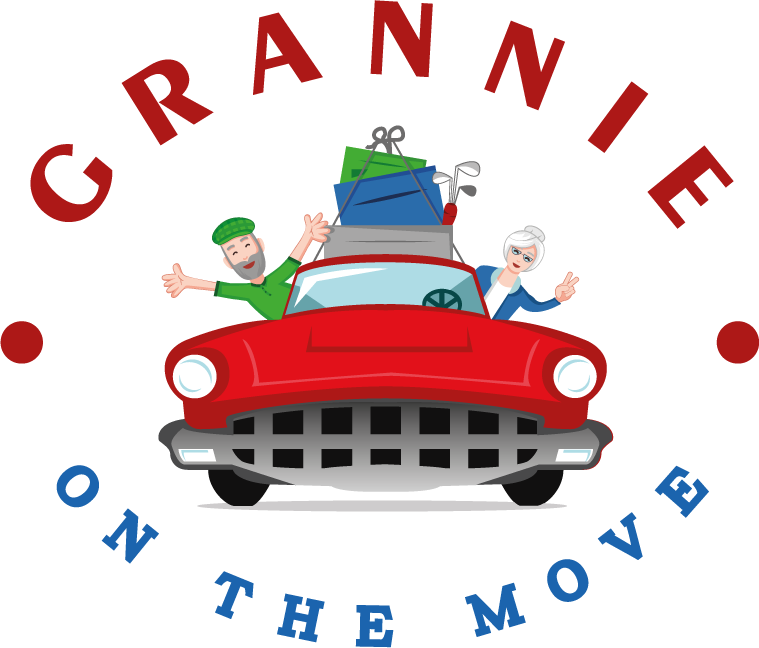Engaging in activities for people with dementia can significantly improve their quality of life, fostering a sense of purpose and maintaining mental agility. These activities cater to their existing skills and memories, offering familiarity and comfort.
This list of top 10 engaging activities aims to provide a comprehensive guide for caregivers, helping them facilitate meaningful and enjoyable experiences for individuals with dementia.
Keep reading to learn different ways to enrich a loved one in your life with Alzheimer’s or Dementia.
Why Are Meaningful Activities Important?
Meaningful activities are vitally important for patients with dementia or Alzheimer’s disease. They can stimulate cognitive function, improve mood, reduce agitation, and enhance social interaction.
As dementia progresses, an individual’s ability to engage in regular everyday tasks diminishes, leading to frustration, apathy, or withdrawal. However, activities that are tailored to their abilities and interests can help maintain a connection to their past, provide a sense of accomplishment, and promote overall well-being.
Consequently, these activities can serve as a powerful tool for managing the symptoms of dementia and Alzheimer’s, improving patient quality of life, and providing much-needed respite for caregivers.
It’s worth mentioning that the Alzheimer’s Association recommends customizing activities based on the individual’s interests and physical/cognitive abilities. It might not be best to ask someone to do something if they’re not interested or feel incapable. But, trying activities that speak to an older adult’s interests and positive past experiences is a great way to start.
10 Engaging Activities for Individuals with Dementia
Patient safety is paramount, so always ensure that the activities are safe and that the person is comfortable with them. Now, let’s explore these activities that can help make the journey through dementia more enriching and less daunting.
1. Reminiscing and Scrapbooking
Reminiscing about past events and creating a scrapbook can be enjoyable for individuals with dementia.
Looking through an old photo album, letters, and mementos can help trigger memories and provide a sense of nostalgia that fosters feelings of comfort and happiness. Also, creating a scrapbook together can be a fun and creative way to bond with your loved one.
2. Music Therapy
Music has a powerful impact on our emotions and memories, making it an excellent therapeutic tool for individuals with dementia.
Studies have shown that the power of music can improve mood, reduce agitation, and stimulate cognitive function in patients with dementia. Playing familiar songs or instruments can also create connection and engagement.
3. Cognitive Stimulation through Arts and Crafts
Art therapy serves as an effective stimulant for the cognitive faculties of older adults with dementia.
Crafting involves various cognitive functions, including memory recall, spatial reasoning, and fine motor skill coordination, which may slow cognitive decline in dementia patients.
While creating art pieces, individuals are nudged to use their imagination, thus stimulating creative thinking and enhancing their problem-solving skills. Moreover, the feeling of accomplishment upon completing a project can boost their self-esteem and imbue a sense of purpose.
Thus, arts and crafts foster creativity and provide cognitive exercise, making them an invaluable tool in dementia care.
4. Therapeutic Gardening
Therapeutic gardening is a beautiful, physically engaging, and cognitively stimulating activity for individuals with dementia.
Engaging with nature can invoke a sense of peace and relaxation, which may help alleviate anxiety and promote a sense of well-being. Additionally, the sensory engagement of feeling the soil, smelling the flowers, and seeing the vibrant colors can provide cognitive stimulation. Furthermore, forming connections with growing plants can foster a sense of achievement and satisfaction.
Regarding mental benefits, gardening can help improve attention, sensory awareness, and recall, as the person remembers planting seeds and witnessing them grow over time. These cognitive interactions can help slow the progression of dementia symptoms, making therapeutic gardening a worthwhile inclusion in dementia care activities.
Try incorporating a raised garden bed or create sensory gardens with potting plants, to make it easier for individuals with mobility issues to participate.
5. Reminiscent Games
Playing games that evoke feelings of nostalgia, such as board games, card games, or a fun game of bingo, can benefit individuals with dementia. These simple activities can help improve social interaction and offer a sense of accomplishment when playing alongside caregivers or other players.
Simple games also serve as a form of cognitive stimulation, improving memory and problem-solving skills.
6. Going For Walks
A leisurely stroll around the neighborhood or in a nearby park can provide physical and cognitive benefits for all older people. Walking is a low-impact exercise that can improve overall health, mobility, and balance.
Additionally, the outdoors can stimulate the senses and provide opportunities for social interaction and reminiscing. Try incorporating a daily routine of walks, keeping in mind the individual’s physical abilities and safety.
7. Cooking or Baking Activities
Cooking or baking can be fun and engaging for individuals with dementia, especially when preparing their favorite dishes from memory. These fun activities provide sensory experiences and cognitive stimulation through recalling recipes and measuring ingredients.
Plus, the smells and tastes of food can evoke fond memories and create a sense of satisfaction when enjoying the finished product. However, ensure safety measures are in place and supervision is provided to avoid accidents.
8. Reading and Storytelling
Reading or listening to stories can be a calming activity for individuals with dementia, providing opportunities for cognitive stimulation through language processing and memory recall.
Joining a book club can also foster social interaction and a sense of community. Writing is another great activity that can help improve cognitive skills, as individuals recall and write down their memories or create fictional stories.
9. Jigsaw Puzzles
According to many health professionals, jigsaw puzzles can benefit people with dementia, improving cognitive and motor skills.
Finding and fitting the right pieces together stimulates cognitive abilities such as problem-solving and memory recall and enhances fine motor skills through small, precise movements. Completing a jigsaw puzzle can impart a sense of achievement and satisfaction, and larger, tactile pieces can be used for those who might find traditional puzzles challenging.
This activity can also be a platform for social interaction if done in a group setting.
10. Pet Therapy
Pet therapy, also known as animal-assisted therapy, has shown immense benefits for individuals with dementia. Interacting with animals like dogs or cats can be comforting and soothing, triggering positive emotions.
The act of petting an animal not only provides mental stimulation, but can also help alleviate anxiety and promote a sense of well-being. Moreover, caring for a pet can introduce a routine, stimulating feelings of responsibility and purpose.
Pets can also encourage social interaction and physical activity, making this a multifaceted beneficial activity for individuals with dementia.
Looking for more ideas? Check out this post on 5 Great Ways To Entertain & Prevent Boredom For Seniors At Home.
Conclusion
In caring for individuals with dementia, creating an environment that fosters mental stimulation, physical activity, and emotional connection is vital.
As we’ve explored, many activities can enhance cognitive function, promote social interaction, and create a sense of purpose. Utilizing these techniques can bring joy, comfort, and improved quality of life to those living with dementia.
If you’re seeking more advice or need direction in caring for a loved one with dementia, don’t hesitate to reach out to Grannie On The Move. As certified senior care advisors, we are equipped with the knowledge and compassion to guide you in this journey. Contact us today to learn how we can assist you.

